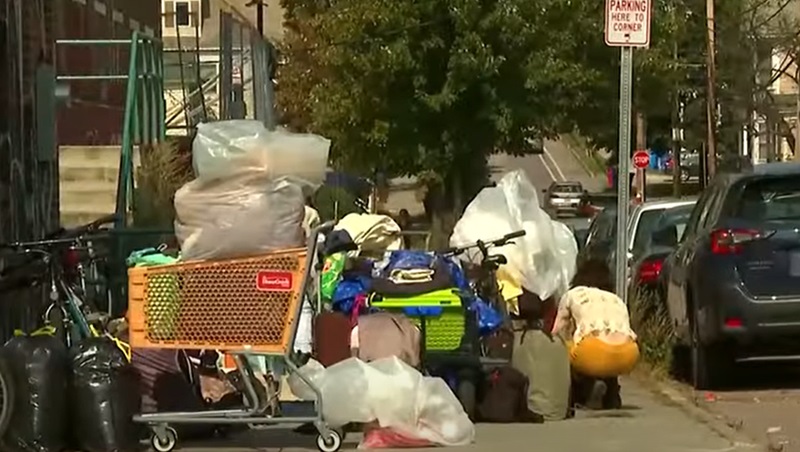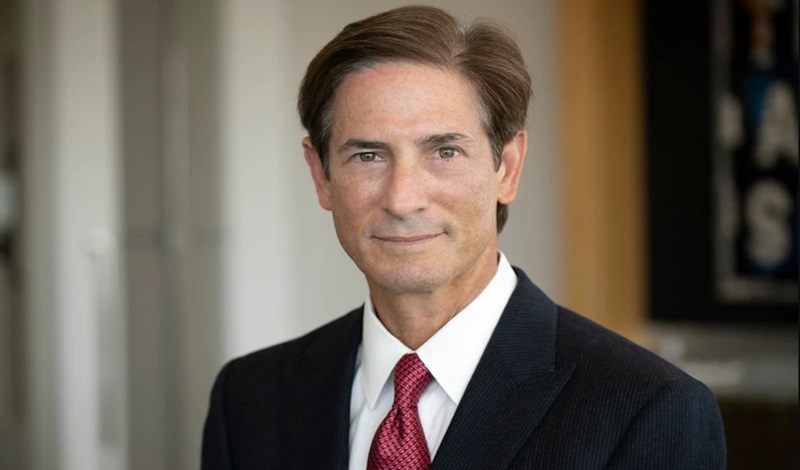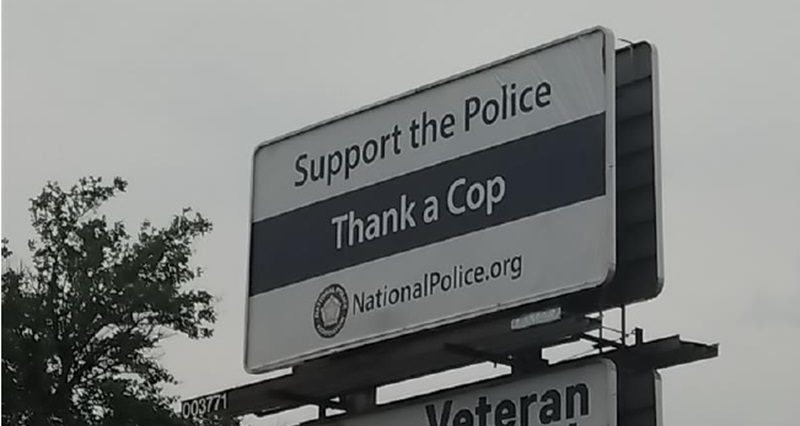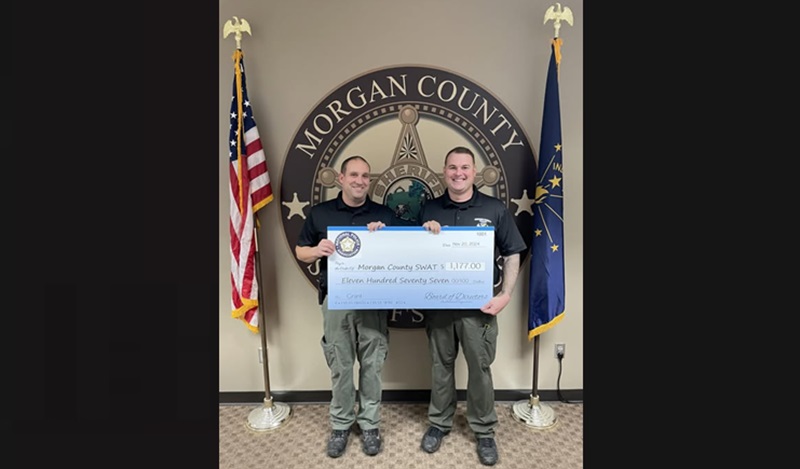
In Burlington, Vermont, a once-peaceful town now overwhelmed by rising crime, homelessness, and drug addiction, city leaders are finally realizing that defunding the police was a grave mistake. This small city, nestled against the stunning backdrop of Lake Champlain, faces an unprecedented spike in violent crime, aggravated assault, and drug overdoses. These are problems that require a restored police presence.
Burlington’s challenges began when, in the fervor of 2020, the city council reduced the police force by 30%. The cap of 105 officers was cut to just 74, in a misguided attempt to address police critics. But what started as a woke experiment in reimagining public safety has turned into a harsh lesson in the predictable consequences of dismantling the thin blue line.
The results are painfully clear. Aggravated assault is up by 40%, and incidents involving gunfire have surged by almost 300%. Overdoses have spiked an astounding 1,000%, driven by fentanyl and other hard drugs. Businesses downtown, residents, and even tourists now find themselves navigating through homelessness encampments and addicts openly using drugs. This crisis is overwhelming Burlington’s emergency responders, who are left stretched thin and struggling to keep up with the chaos.
Ernie Pomerleau, CEO of Pomerleau Real Estate, and Burlington City Council President Ben Traverse are now advocating for a strengthened police department to tackle these growing issues. They recognize that the city’s path to safety and stability must involve supporting, not undermining, the police. As Pomerleau recently told Fox News, “We need to support the police.” The city has since raised the cap to 87 officers and allocated millions of dollars to recruiting efforts. Yet, only 68 positions are currently filled—a number far too low for a city grappling with this level of disorder.
The experiment in “progressive policing” has left Burlington struggling to recruit and retain officers. This crisis is not isolated to Burlington; it echoes throughout cities that similarly targeted police as the enemy. When officers are undervalued, demoralized, and unsupported, they are less inclined to stay, and good candidates are hesitant to join. Many officers have left the profession entirely, and cities that reduced police forces are now seeing the stark impact on their communities.
The safety of a community depends on a delicate balance, but that balance is disrupted when the focus shifts too far from the principles of law enforcement. Compassion and aid for the addicted and homeless should not come at the cost of law and order. Law enforcement is not about targeting the vulnerable; it’s about protecting the innocent, ensuring that cities remain places where families and businesses can thrive without fear.
Without proper enforcement, other well-meaning initiatives—like community service officers, social services, and harm reduction programs—lack the backing needed to address the root of the problem. Social issues and crime are inherently complex, but they worsen without firm and consistent policing. There is no shame in admitting that defunding the police was a mistake; in fact, it’s a necessary first step in a genuine course correction.
It’s commendable that Burlington leaders like Traverse and Pomerleau are pushing to restore order, but they face an uphill battle. First, they must address recruitment issues by offering competitive pay, benefits, and a strong show of public support for officers. Moreover, state legislators should re-evaluate recent changes that have weakened consequences for serious crimes. Society needs both effective enforcement and compassionate support for those in crisis, but support should not be weaponized against the police who are trying to keep the streets safe.
The rising crime and addiction in Burlington serve as a cautionary tale for any city that devalued law enforcement. Actions that reduced staffing of police departments has not led to a safer or more equitable society; it has led to fear, disorder, and suffering for all residents. To reverse this, city leaders must prioritize public safety and demonstrate the resolve to address criminality head-on. The answer is clear: reinforce the police, restore order, and ensure that cities like Burlington return to the vibrant, family-friendly city they once were.






